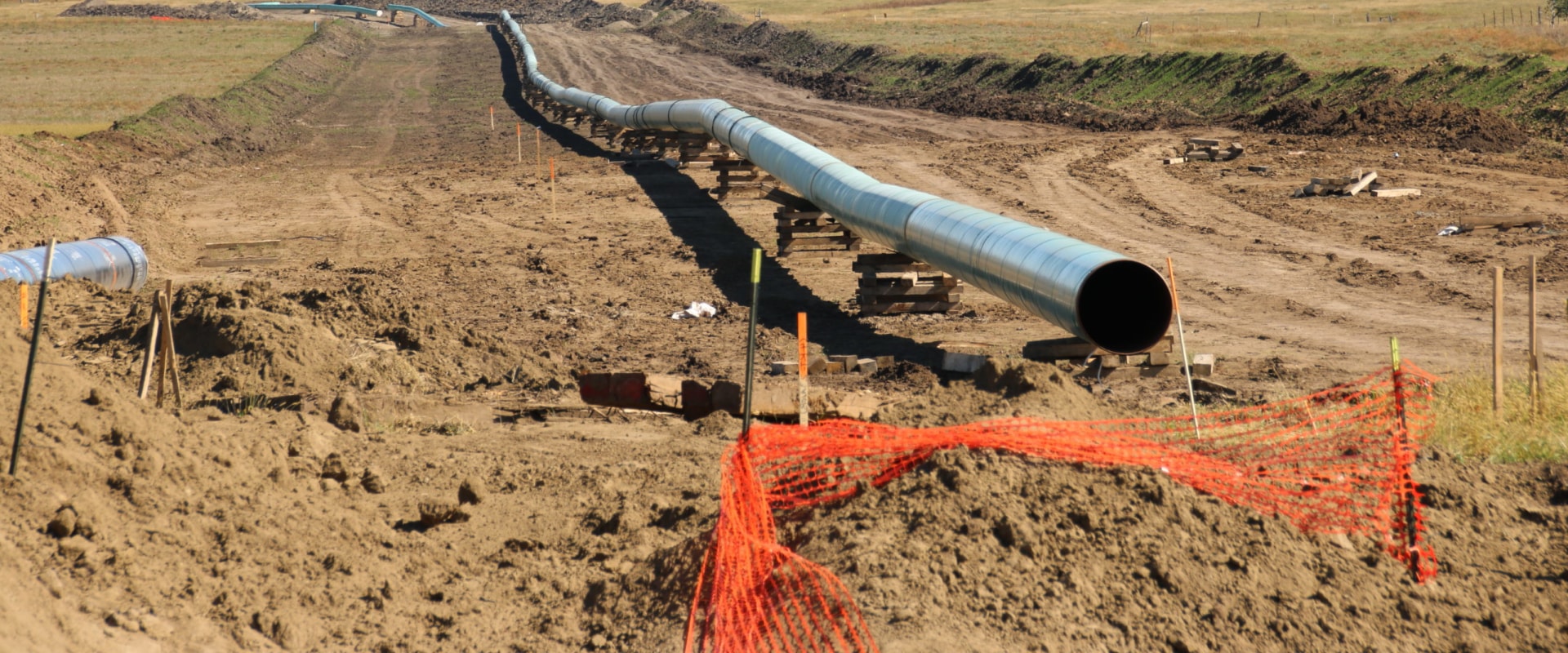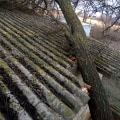For natural gas pipelines, the greatest risk is associated with fires or explosions caused by the ignition of natural gas, which can result in significant property damage and injury or death. In addition, the release of natural gas, mainly methane, which is a very powerful greenhouse gas, contributes to climate change. They are also expensive and harmful to the earth. Natural gas distribution lines account for the majority of injuries (79%), deaths (73%), evacuees (62%), fires (71%) and explosions (78%).
Columbia Gas reported that it has 471 miles of cast and wrought iron gas distribution lines. This is more than 15 of the more than 1000 gas companies in the country. These lines are vulnerable in a couple of ways. As old as they are, they will start to corrode and crack.
They are vulnerable to land changes that place additional pressure on the pipeline. Studies in other states suggest that people close to pipelines suffer more health problems. Some pipeline neighbors experience symptoms such as sudden nosebleeds, because breathing formaldehyde is like stripping the nose, Carpenter said. Dangerous incidents involving pipelines are rare, but September has been a bad month.
The production of natural gas requires a network of gas pipelines to transport natural gas throughout the eastern United States. With energy companies looking to move gas from a hydrofracking boom in Pennsylvania to the northeast for sale and possible export, opponents of the expansion of the natural gas pipeline network went to Albany on April 27 to warn that chronic pipeline pollution leaks would threaten public health. A new research by USA TODAY on the safety of natural gas pipelines, based on federal data and interviews with industry, experts and regulators, found irregular oversight and a lack of transparency by utilities and regulators responsible for keeping customers safe gas. Columbia Gas is one of NiSource's seven regulated natural gas subsidiaries, whose combined utility operations serve nearly 4 million customers in seven states.
So much so, that Massachusetts Governor Charlie Baker declared a state of emergency and called another utility company, Eversource, to manage the process of ensuring that any remaining gas leaks are repaired, so that electricity and gas can be re-ignited. Columbia Gas reported that they are in the process of visiting 8,600 affected customers in order to be able to shut down the gas network and perform safety inspections. Despite decades of warnings about the dangers of cast iron gas pipelines, many local utilities have not yet replaced all of their old — and increasingly fragile — cast iron and bare steel gas pipelines. The catastrophic explosions that shook northeastern Massachusetts last month have drawn attention to the problems of an aging natural gas infrastructure that is prone to dangerous, and sometimes fatal, gas leaks.
CBF has commented on individual natural gas pipeline projects requesting FERC to carefully consider cumulative impacts and to use a strategic approach to authorize the construction of gas pipelines and natural gas infrastructure in the region to ensure as little environmental damage as possible.




